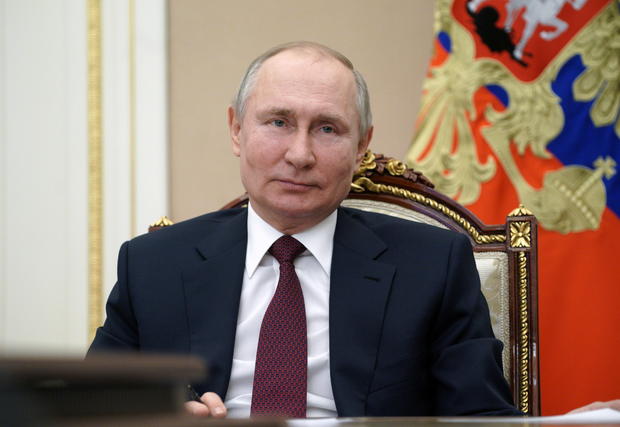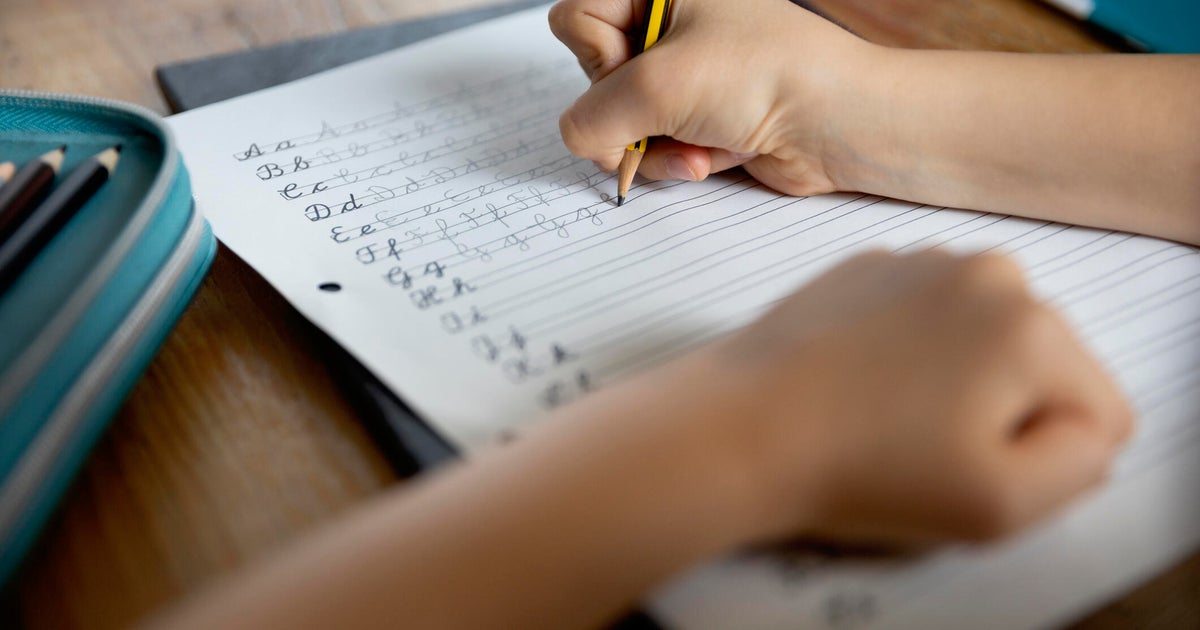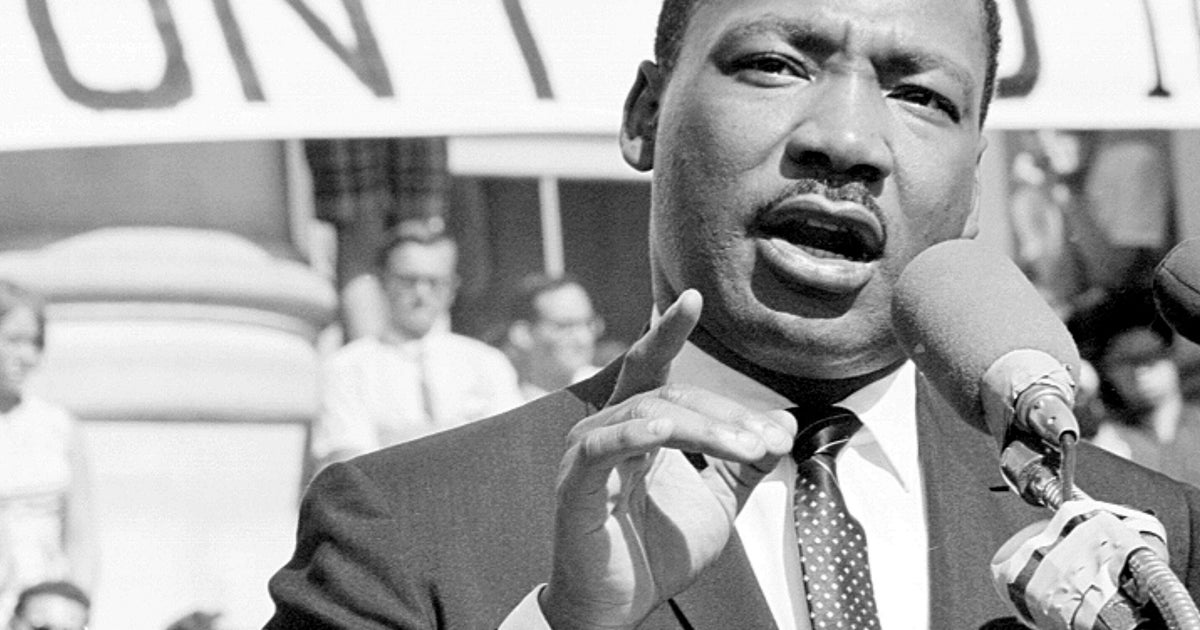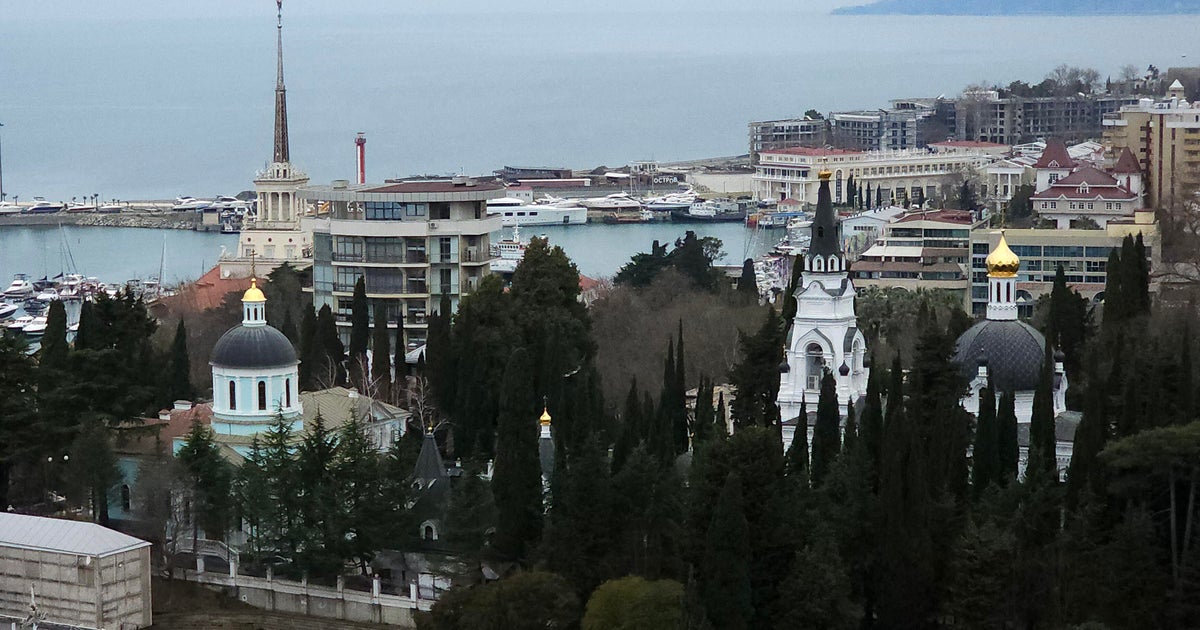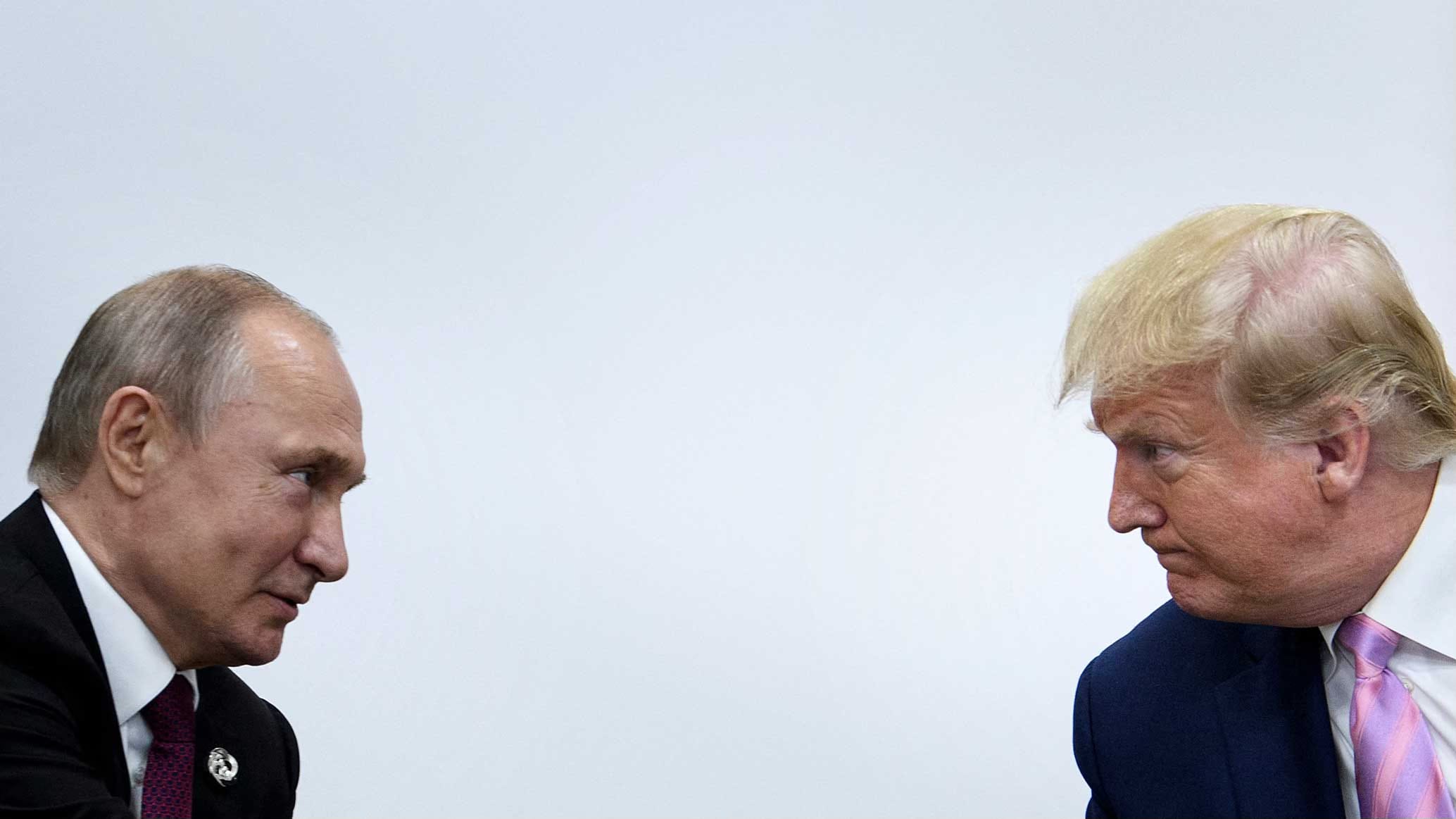Putin signs law allowing him to serve 2 more terms as Russia's president
Moscow — Russian President Vladimir Putin signed into law on Monday a change to the country's constitution that will allow him to run for two more six-year terms, granting himself the chance to remain in power until 2036. The Russian leader, 68, has already run the country for more than two decades, and with his recent crackdown on political opponents and civil society, he has made it clear that there's little room for dissent.
A copy of the new law was posted on the government's legal information website on Monday, confirming that the legislation — the success of which was really never in doubt — had been finalized. Prior to the new law, Putin would have been required to step down after his fourth and current term in 2024.
But in March last year, lawmaker Valentina Tereshkova, a lawmaker from Putin's ruling party, proposed the constitutional change during a discussion in the State Duma (congress). After Tereshkova, who is a Soviet cosmonaut and was the first woman to go to space, suggested the amendment, Putin himself showed up in the parliament building and offered his backing for the idea, undermining earlier speculation that he might seek to maintain power by taking another role.
"In principle, this option would be possible, but on one condition," Putin told lawmakers in a televised speech a year ago. "If the constitutional court gives an official ruling that such an amendment would not contradict the principles and main provisions of the constitution."
Putin said then that the Russian president was "the guarantor of the country's security and domestic stability" and that the country should avoid political upheavals. "Russia has fulfilled its plan when it comes to revolutions," he said.
In July last year, Russians were given the opportunity to vote on a raft of constitutional reforms, including the change to the limit on presidential terms. Other measures included a proposed ban on same-sex marriages, new language mentioning for the first time the importance of "faith in God," and measures meant to protect "traditional family values" and forbidding top officials from holding dual citizenship.
Russians could either vote for or against the whole package of changes, but there was little doubt even as ballots were cast about the outcome. The vote was seen widely as an effort to demonstrate Putin's broad support in the country.
Political opposition leader and outspoken Putin critic Alexey Navalny, who's currently on hunger strike as he serves a 2-and-a-half-year prison sentence on charges he insists are politically motivated, criticized the vote last summer as a populist spectacle designed to give the Russian leader the right to be "president for life."
Putin often defends the conservative political regime he's ushered in by arguing that Russia has seen enough turbulence in the past, and his strong leadership has brought stability. The constitutional amendments, including giving him the chance to remain president, were necessary to ensure that stability continues, he's argued, by avoiding the distraction of a hunt for a successor from among Russia's political elite.
"I know that in two years, instead of working normally at all levels of the state, all eyes will be on the search for potential successors," Putin said in an interview with state-run television last year. "We must work and not look for successors."
He's said at the time that he might consider running for a fifth term, but insisted that he hadn't yet made a final decision.
CBSNews.com's Tucker Reals contributed to this report.
